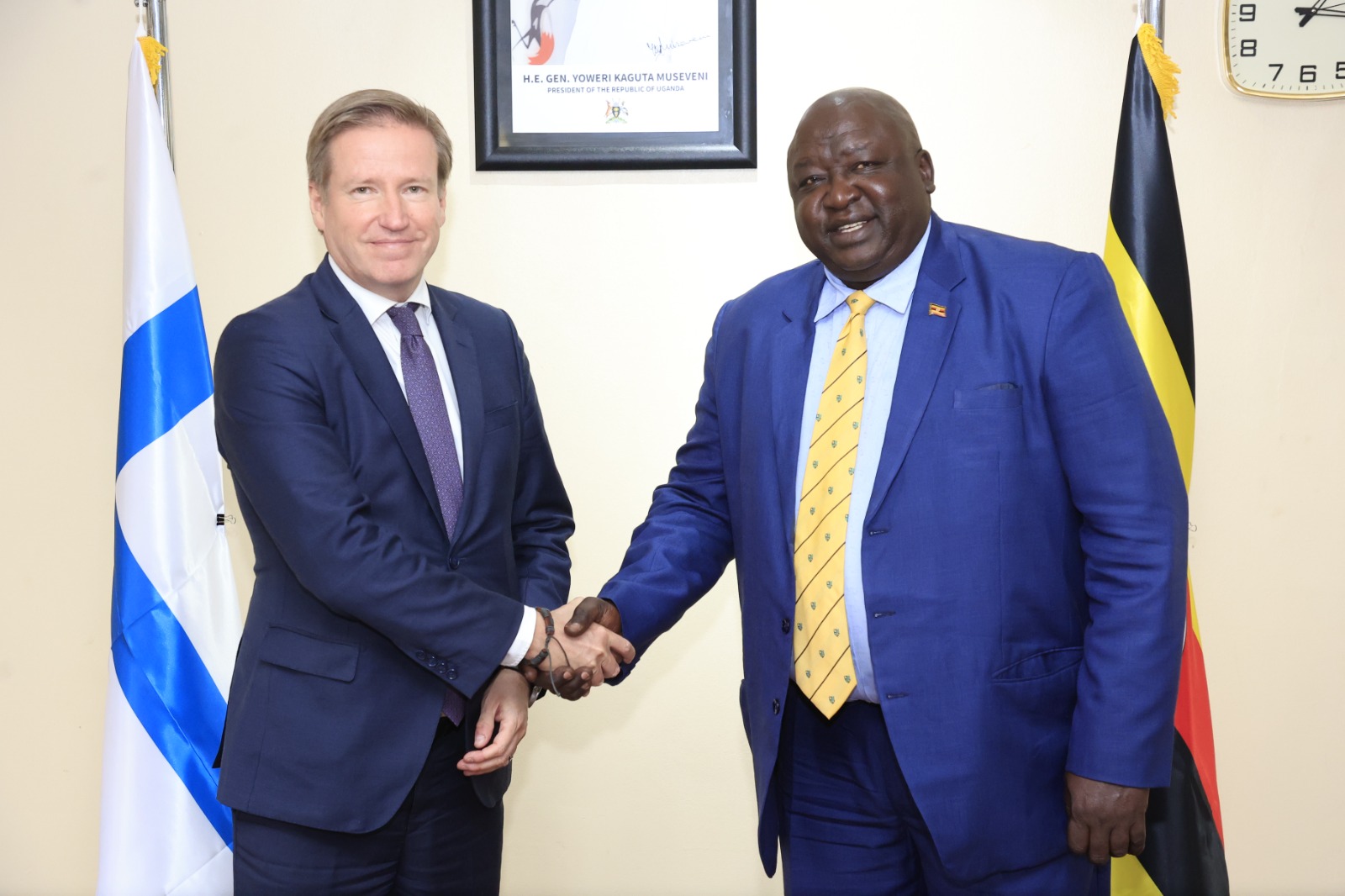Uganda gets Shs3.5trillion loan from IMF to fight Covid
The International Monetary Fund(IMF) has approved a shs3.5 trillion($1 billion) loan to Uganda to help mitigate the effects of the Coronavirus pandemic.
The approval was announced on Monday by the International Monetary Fund.
Keep Reading
“The Executive Board of the International Monetary Fund (IMF) approved a 36-month arrangement under the Extended Credit Facility(ECF) for Uganda in an amount equivalent to SDR722 million (200 percent of quota or about US$1 billion) to support the post-COVID-19 recovery and the authorities’ plan to increase households’ incomes and inclusive growth by fostering private sector development,” IMF said in a statement.
According to the International Monetary Fund, US$258 million will be released immediately to help support the country’s budget.
Making a case for the loan, IMF said that Uganda’s economy has been severely hit by the global pandemic which reversed decade-long gains in poverty alleviation and opened up fiscal and external financing gaps.
The international body said the loan will help fund some of these efforts that have been derailed by the onset of the pandemic.
“Fiscal consolidation, appropriately based on both revenue and expenditure measures during the first year of the authorities’ program, seeks to stabilize the public debt ratio while increasing social spending, including for vaccines. The implementation of the authorities’ Domestic Revenue Mobilization Strategy, better management of public investment, control of domestic arrears and advances in cash management will support the fiscal strategy,” said Tao Zhang, the IMF Deputy Managing Director.
“Prudent debt management is important to reduce vulnerabilities, particularly given Uganda’s moderate risk of debt distress. Every effort should continue to be made to seek concessional financing and pursue relief under the Debt Service Suspension Initiative. Contingency plans put in place would help mitigate risks.”
Zhang however warned close attention should be paid to minimizing financial stability risks including strict adherence to accounting and prudential standards.
He said that whereas the Ugandan government has made progress in publishing information on audits and the use of COVID-19 funds, more is still required to strengthen the accountability of high-level officials.
Uganda has previously received US$31.6 million from the African Development Bank, US$491 million from the International Monetary Fund and US$344 million from the World Bank to help in the Covid fight.
Queries
The development comes a few months after the Auditor General’s report indicated abuse of billions of shillings meant for the Covid-19 response.
The report mentioned Covid-19 relief items worth shs55.8billion that the Office of the Prime Minister reported having distributed to vulnerable Ugandans but this could not be accounted for properly.
A survey by the Initiative for Social and Economic Rights (ISER) done between January and June 2021 indicated there was no transparency and involvement of other stakeholders in the handling of earlier funds given to Uganda to support the fight against Covid.
The NGO indicated there were funds planned for and not utilised, unaccounted for funds and procurements which didnt follow the PPDA Act.
The new loan from IMF also comes amidst concerns over the ever-growing debt burden for the country.
By December 2020, Uganda's debt burden stood at shs65.8 trillion to move closer to 50 percent of the country's GDP.
The 50% cap of debt to GDP ratio is the limit allowed by the International Monetary Fund
An official from the Ministry of Finance recently said that widening the net for more taxpayers will greatly help in reducing the ever-growing debt burden for Uganda.
“We need to enhance our domestic revenue mobilization capacity as a country. You realize that our growth is private sector-led and most of these operating are in the informal sector which is not taxed. We should be looking at broadening our tax base because if you do so, you lessen the deficit and therefore lessen on the amount you should be borrowing," said Samson Muwanguzi, a principal economist from the Ministry of Finance recently.
















